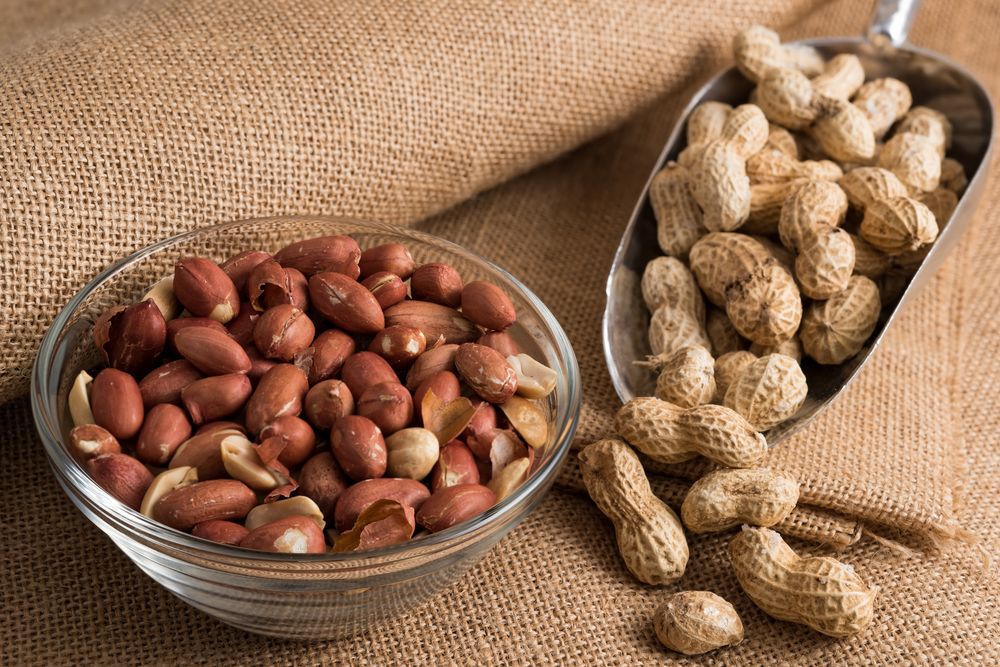Is peanut good for health?
Yes, peanuts can be a very good part of a healthy diet when consumed in moderation. They offer a variety of benefits, but also have some downsides to consider:
Pros:
- Nutrient-rich: Peanuts are a good source of protein, fiber, healthy fats (including monounsaturated and polyunsaturated fats), vitamins (especially biotin, copper, niacin, folate), and minerals (especially manganese, magnesium, and phosphorus).
- Heart health: The unsaturated fats in peanuts can help lower LDL ("bad") cholesterol and raise HDL ("good") cholesterol, reducing the risk of heart disease.
- Blood sugar control: The fiber and healthy fats in peanuts can help regulate blood sugar levels, potentially benefiting people with diabetes or prediabetes.
- Weight management: Peanuts are relatively high in calories, but their protein and fiber content can help you feel full and satisfied, potentially aiding in weight management.
- Antioxidant source: Peanuts contain antioxidants like resveratrol and p-coumaric acid, which can help protect against cell damage and reduce the risk of chronic diseases.
Cons:
- Allergy risk: Peanuts are one of the most common food allergens, so people with peanut allergies should strictly avoid them.
- High in calories: Due to their fat content, peanuts are calorie-dense. Moderation is key to avoid excessive calorie intake.
- Sodium content: Some peanut products, like salted peanuts or peanut butter, can be high in sodium. Opt for unsalted or low-sodium versions to keep your sodium intake in check.
- Anti-nutrients: Peanuts contain antinutrients like phytates and lectins, which can interfere with the absorption of certain nutrients. Soaking or roasting peanuts can help reduce their antinutrient content.
Overall, peanuts can be a healthy and nutritious addition to your diet when consumed in moderation and as part of a balanced overall diet. If you have any concerns about consuming peanuts, consult your healthcare provider.

Comments
Post a Comment
Thanks